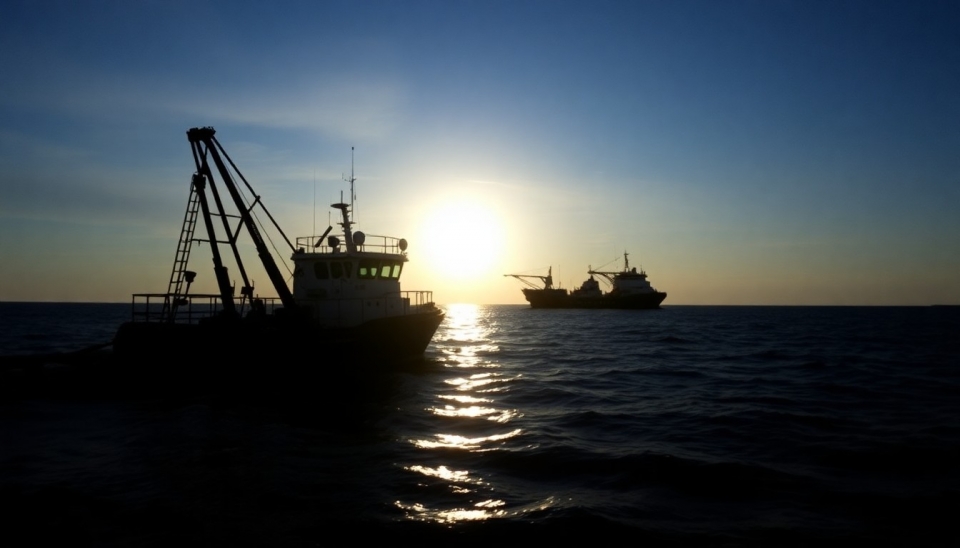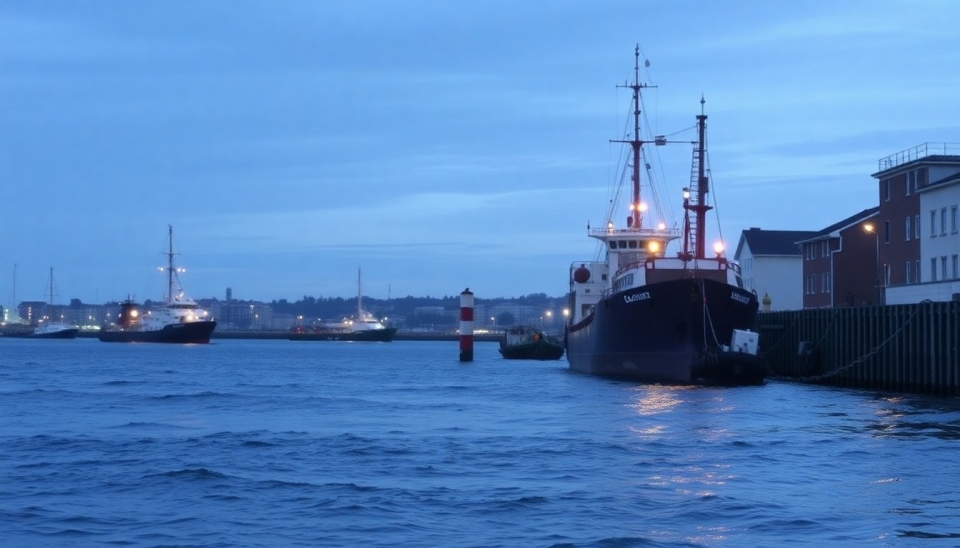
The Baltic Sea has become a focal point of concern as its undersea fiber-optic cables, which form a crucial backbone for internet connectivity in Europe and beyond, are increasingly considered vulnerable to sabotage. Recent reports indicate that these cables, essential for both commercial and governmental communication, are at heightened risk due to rising geopolitical tensions in the region.
The network of cables, which not only supports internet traffic but also underpins financial transactions, national security operations, and emergency communications, faces potential exposure due to ongoing conflicts and the strategic operations of state and non-state actors. As an essential part of the infrastructure that connects many countries in Europe, any disruption could have far-reaching consequences for millions of users.
A combination of environmental and political factors is intensifying fears that these vital links could be targeted. Recent information suggests that military exercises and increased naval activities in the area may imply a higher likelihood of interference or intentional damage to these cables. Experts warn that the Baltic Sea's relatively shallow waters and proximity to several countries make these cables even more susceptible to malicious actions.
Infrastructure analysts have raised alarms that the existing vulnerability of the cables is compounded by inadequate security measures across various nations that rely on these lines. While many countries have invested in protective strategies and technologies, the need for robust international cooperation and intelligence-sharing has never been more pressing.
In response to these risks, government officials and industry leaders are advocating for greater vigilance, including the establishment of a defense regime specifically tailored to protect undersea communication networks. They argue that proactive measures are needed to deter potential assailants and strengthen the resilience of these critical systems.
Analysts continue to emphasize the urgent need for comprehensive assessments and investments in state-of-the-art security systems. They point to the potential economic repercussions of a sabotage incident, which could affect not only internet services but also disrupt global trade and communication channels—especially with the upcoming economic challenges facing Europe.
As discussions mount regarding the safety of these cables, the message is clear: nations reliant on this technology must come together to address this serious threat, ensuring that infrastructure remains secure against burgeoning geopolitical risks. The future of digital communication in the region may depend on it.
As the situation evolves, stakeholders keep a close watch on developments in Baltic Sea operations, hoping to avert any incidents that could lead to significant disruptions in internet services and broader economic impacts.
In summary, with the rise of new threats in the Baltic Sea, the safeguarding of undersea fiber-optic cables is emerging as a critical concern that needs immediate attention and action from both national governments and international allies.
#BalticSea #FiberOptic #InternetSecurity #CyberThreats #GeopoliticalTension #InfrastructureProtection
Author: John Miller


